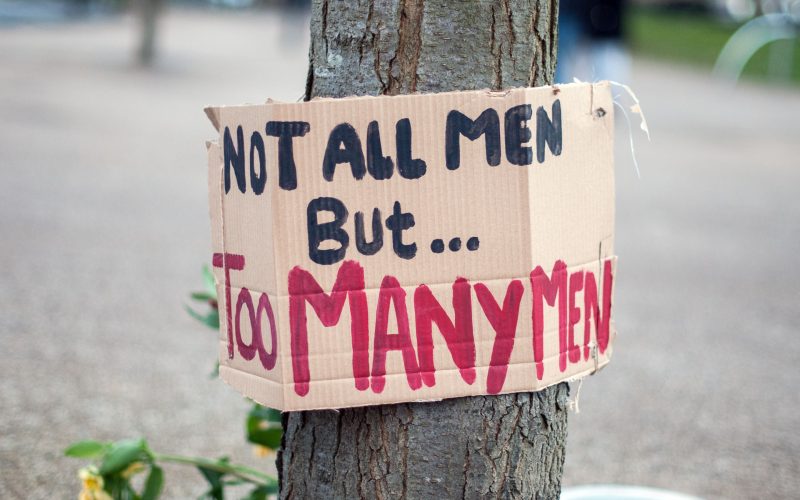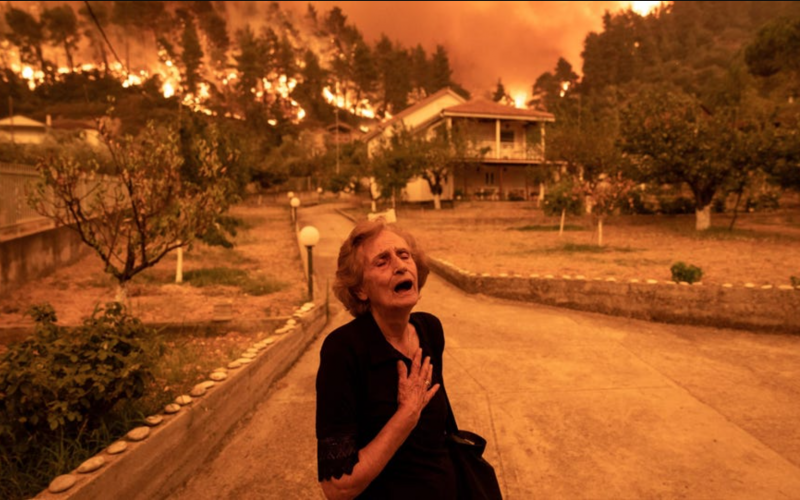On March 6th of 2025, a chilling tragedy occurred in a Cypriot nightclub. Anastasia Melega, a 23-year-old mother who had immigrated from Moldova, was found dead in the bathroom of […]

The recent assault and murder of London-based marketing executive Sarah Everard by Westminster Metropolitan police officer Wayne Couzens has shone a spotlight on conversations surrounding gender-based violence as well as the role police forces play in exacerbating the threat this poses to women’s safety worldwide. Besides the fact that harassment and assault is far from being an unusual occurrence for women — an already distressing reality — the brutality that has been shown by actors of the law supposedly there to ensure the population’s security further contributes to ongoing feelings of fear. As such, the role of Couzens in Everard’s killing has further opened the debate to questions regarding whether increased policing, particularly that of a male-focused nature, is an appropriate response to growing concerns about the violence faced by women, considering that it tends to be one often proposed by state institutions.

“The enjoyment of the highest attainable standard of health is one of the fundamental rights of every human being without distinction of race, religion, political belief, economic or social condition,” according to the World Health Organization. Health as a human right, however, has been widely overlooked as it becomes increasingly threatened by the effects of climate change. The health effects are not only diverse but also overwhelmingly negative and wide-ranging. These effects being both direct and indirect will therefore impact all individuals as well as economies worldwide. Populations are pressured to change their diets, rapid changes to ice, snow, and land result in more life-threatening accidents, and natural sources of drinking water are disappearing and diminishing in quality. It is estimated that between 2030 and 2050, there will be 250,000 additional annual deaths resulting from heat exposure, malaria, diarrhoea, and childhood malnutrition. The protection of the environment has thus become a crucial part of the contemporary human rights doctrine. According to the Office of the High Commissions for Human Rights, “Human rights law requires each State to do more than merely refrain from interfering with human rights itself; it also requires the State to undertake due diligence to protect against such harm from other sources.” The State has a duty to its people to safeguard their well being even if it means regulating environmentally harmful corporations and industries. Therefore, it is the evident inaction by global institutions, such as governments, relating to the exacerbation of climate change that violates the fundamental human right to health.

The coronavirus, or COVID-19, has quickly swept across the world, leading the World Health Organization to announce on Wednesday March 11, 2020 that the issue has become a pandemic. The new label means the rapidly spreading virus has already begun spreading to countries around the globe and will likely continue to do so. Originating in Wuhan, China, there are now over 150,000 people worldwide who have contracted the virus.
Amid the humanitarian crisis in Wuhan, the epicenter of the deadly outbreak, Chinese authorities are desperately resorting to extreme measures. In an effort to contain the spread of the disease, officials enforced an unprecedented quarantine of nearly 11 million citizens. Orders of house-to-house searches have been implemented and an emergency hospital was built in just ten days to tackle the outbreak. Despite the measures taken to contain the spread of this deadly disease, the number of infected cases has soared from 50 in China, to over 31,535 in more than 20 countries in the past three weeks. The death toll is even more alarming, amounting to 638.




